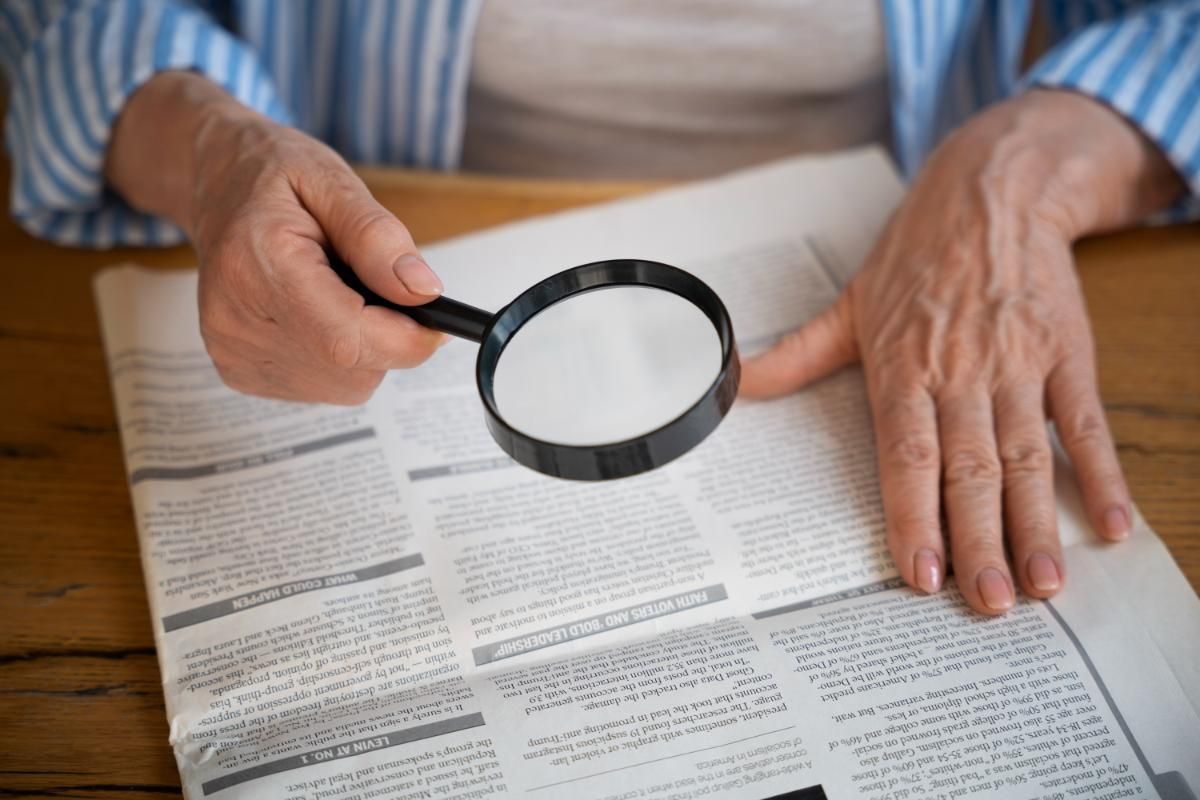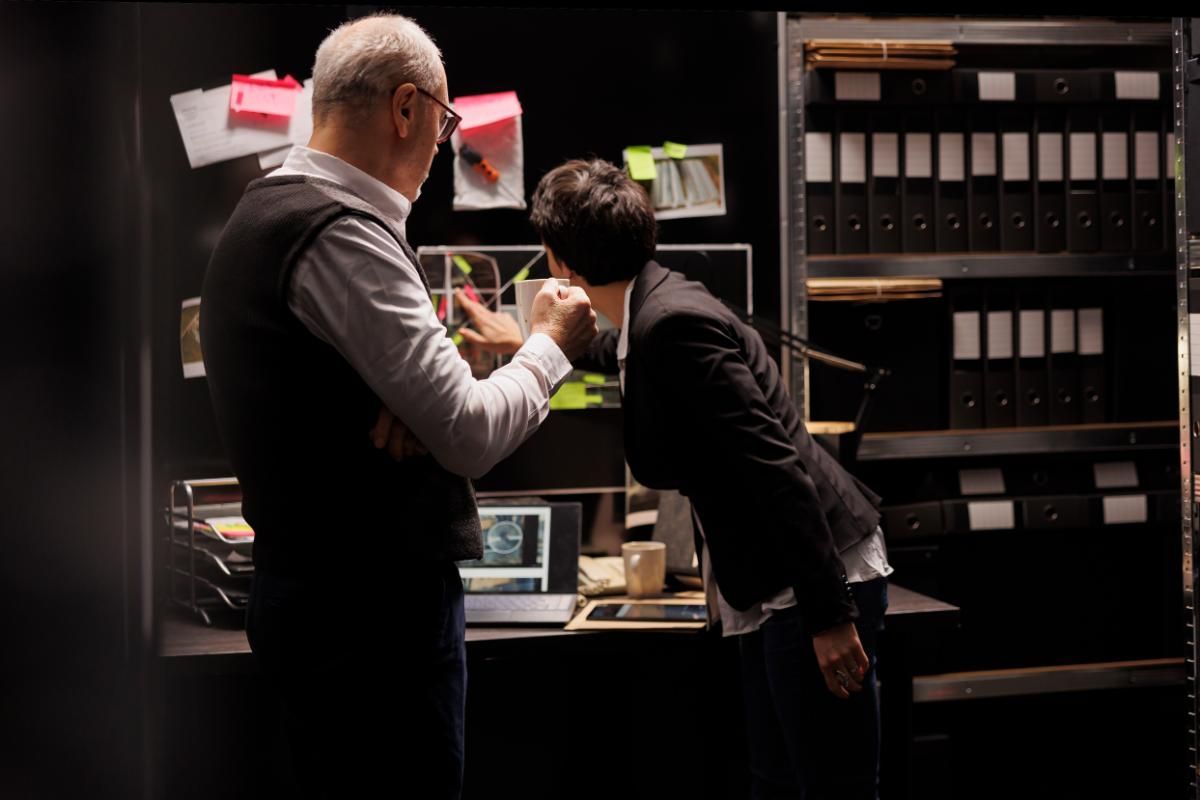Evidence Admissibility Private Investigator Court Guide
Whether you’re preparing for a civil lawsuit, custody dispute, or commercial legal battle, evidence gathered by a private investigator (PI) can tip the scales in your favour—if it's done legally. But not all evidence is equal. In Australia, evidence admissibility private investigator court rules are complex, and making one mistake could render crucial findings inadmissible.
So, what can a private investigator legally provide in court? What kinds of evidence are considered valid? And how do you ensure you don’t waste time or money gathering something that will be thrown out?
Let’s unpack these questions and give you the confidence to use PI services wisely—and legally—with help from the experts at Peakpi.
Why Evidence Admissibility Matters More Than You Think
Legal cases don’t just turn on facts—they turn on facts that are proven and accepted by the court. In NSW and across Australia, the Evidence Act 1995 (Cth) governs what can be admitted during a court case.
Private investigators often operate in civil litigation, family law, insurance fraud, or corporate misconduct cases. But even if a PI finds the "smoking gun," it must meet the criteria of legality, reliability, and relevance to be admissible.
Here’s the catch: if the evidence was collected in a way that breaches privacy laws, involves trespassing, or violates surveillance regulations, it may be deemed inadmissible. That means you’ve paid for nothing—or worse, harmed your case.
Understanding evidence admissibility private investigator court standards is essential for getting the most out of PI services.

What Evidence Is Admissible from a Private Investigator?
Let’s break it down: what exactly can be used in court from a PI?
1. Surveillance Footage (When Collected Legally)
Video or photo evidence is powerful—but only if collected in public places or with consent. PIs cannot film someone in their private home through windows or trespass on property.
- Legal: Filming someone entering another property for suspected infidelity from a public road.
- Illegal: Using hidden cameras inside someone’s home without permission.
The legal use of PI evidence in Australia hinges on whether surveillance was carried out without breaching privacy laws, which vary by state.
2. Interviews and Statements
Private investigators may conduct interviews with witnesses or parties relevant to a case. These statements are admissible if taken voluntarily and documented properly.
- They should avoid leading questions.
- Consent should always be clear.
3. Background Checks and Digital Records
PIs can lawfully gather background information such as:
- Employment records
- Bankruptcy status
- Business affiliations
- Social media activity (if public)
This information is commonly used in family court or fraud investigations and is often accepted if obtained from public sources or with appropriate permissions.
4. Process Serving Documentation
While less glamorous, properly executed process serving (delivery of legal documents) is often critical to court proceedings and forms a vital part of a PI’s duties. This documentation is almost always admissible as part of official legal processes.
When Evidence Becomes Inadmissible
Knowing what private investigators can’t legally provide in court is just as important.
The following are red flags for inadmissible evidence:
- Recordings without consent (especially phone calls in NSW, where two-party consent is required)
- GPS tracking without permission
- Accessing private emails or messages without legal authority
- Trespassing for surveillance
In short, if the means of gathering the evidence break the law, the outcome cannot be used—even if it reveals the truth.
This is why working with a licensed private investigator in NSW is critical.
Private Investigator Court Evidence NSW: What the Law Says
In NSW, private investigators are required to operate under a Class 2E license regulated by the NSW Police Force. This ensures:
- Compliance with Surveillance Devices Act 2007 (NSW)
- Ethical data collection and handling
- Professional conduct and confidentiality
The law ensures that any private investigator court evidence NSW sourced from a licensed PI has a higher chance of standing up under legal scrutiny.
At Peakpi, all our investigators are fully licensed and trained in evidence admissibility private investigator court procedures. We pride ourselves on ensuring everything we hand over is court-ready.
Can Private Investigator Evidence Be Used in Court?
Many clients ask, “Can private investigator evidence be used in court?” The answer is yes—if:
- The evidence was obtained legally
- It is relevant to the matter
- It can be authenticated (proven to be what it claims)
- It does not unfairly prejudice the other party
Courts assess admissibility case-by-case, but judges are well aware of PI involvement. If the private investigator acted professionally and within legal boundaries, the evidence can be incredibly persuasive.

Why You Should Work with Professionals Like Peakpi
Using a fly-by-night investigator or relying on DIY methods can backfire. The rules for legal use of PI evidence in Australia are too important to ignore.
At Peakpi, we ensure:
- Every investigator is licensed and insured
- Evidence gathering meets the highest legal and ethical standards
- Reports are written to be clear, detailed, and court-compliant
- Communication with your lawyer is seamless
We’ve supported legal teams across Sydney and NSW with complex cases—ranging from family law to corporate fraud—and have a proven track record of providing reliable, admissible evidence.
How to Strengthen Your Case with Legally Sound PI Evidence
If you're planning to engage a private investigator for a legal case, follow these tips:
- Hire early: The more time you give your investigator, the more comprehensive and careful the findings.
- Communicate clearly: Share your legal objectives and let your lawyer liaise directly if needed.
- Avoid suggesting illegal methods: Trust your PI’s knowledge of admissibility.
- Request a written report: It should outline how the evidence was obtained and be structured for court use.
This approach maximizes the chance your evidence will be both helpful and accepted by the court.
Evidence Admissibility Private Investigator Court: Final Thoughts
Private investigators can absolutely help your legal case—but only if you use them wisely.
Understanding evidence admissibility private investigator court standards is the first step to avoiding costly mistakes and ensuring your case is built on solid ground.
By choosing a licensed, experienced team like Peakpi, you can be confident that the evidence you receive is not just useful—but usable in court.


